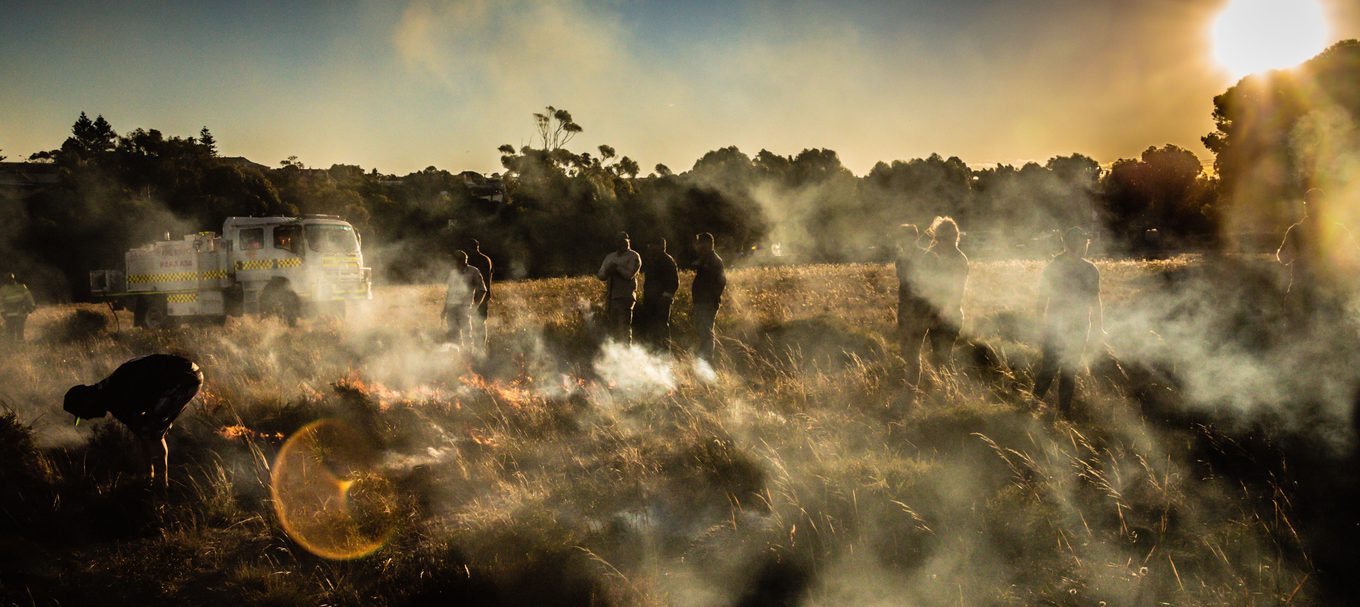
National Reconciliation Week: Now more than ever
Learn about the significance of National Reconciliation Week and what reconciliation means for South Australia's environment.
National Reconciliation Week falls on 27 May to 3 June every year. It’s a time to learn about our shared histories, cultures, and achievements, and to explore how each of us can contribute to achieving reconciliation in Australia.
This year’s National Reconciliation Week theme is Now More Than Ever. It is a reminder to all of us that no matter what, the fight for justice and the rights of Aboriginal and Torres Strait Islander people will —and must —continue.
Now more than ever, our work continues. In treaty making, in truth-telling, in understanding our history, in education, and in tackling racism. Reconciliation supporters must stand up to defend and uphold the rights of First Nations peoples. To call out racism wherever we encounter it, and to actively reinforce the voices of Aboriginal and Torres Strait Islander peoples.
Why do we celebrate National Reconciliation Week when we do?
At the heart of National Reconciliation Week are 2 key dates in Australian history:
- 27 May is the anniversary of the 1967 Referendum. This was Australia’s most successful referendum, when more than 90% of the Australian population voted ‘yes’ to change the Constitution so that like all other Australians, Aboriginal and Torres Strait Islander peoples would be counted as part of the population and the Australian Government would be able to make laws for them.
- 3 June is the anniversary of the Mabo decision, a turning point for First Nations rights. On this day, the Australian High Court overturned the legal fiction of ‘terra nullius’ (land belonging to no-one), leading to the recognition of Aboriginal and Torres Strait Islander peoples as the Traditional Owners and Custodians of lands. This decision paved the way for the passing of the Native Title Act in 1993. Native title is the legal recognition that some First Nations people have rights to certain land through their traditional laws and customs, which predated the arrival of the British.
So, what does this mean for the environment in South Australia?
The Department for Environment and Water works in partnership with the First Peoples of South Australia and supports their Nations to take a leading role in caring for Country.
One of the most successful programs that focusses on reconciliation is park co-management. Co-management is about bringing together traditional Aboriginal knowledge and contemporary park management perspectives on the importance of looking after land.
Co-management has many benefits: it leads to better cultural site protection, maintenance of traditional practices, and improved management through the combination of traditional knowledge and contemporary science. It also educates the wider community about ‘healthy Country’ and brings them along on a journey of mutual respect and understanding.
There are currently 12 co-management agreements across 34 parks in South Australia, covering 13.5 million hectares or 64% of the reserve system. This equates to 13% of the land area of South Australia.
As a result, Aboriginal people are connecting with Country and managing relationships for future generations to come.
For more ideas of how you can get involved, including lots of free community events through May and June, check out the National Reconciliation Week website.
Interested in learning more about co-management? Take a look at this remarkable personal reflection on park co-management.
Main image: Ardrossan grassland burn (image courtesy of Matthew Turner, Northern and Yorke Landscape Board.)
This article was first published in 2022.





